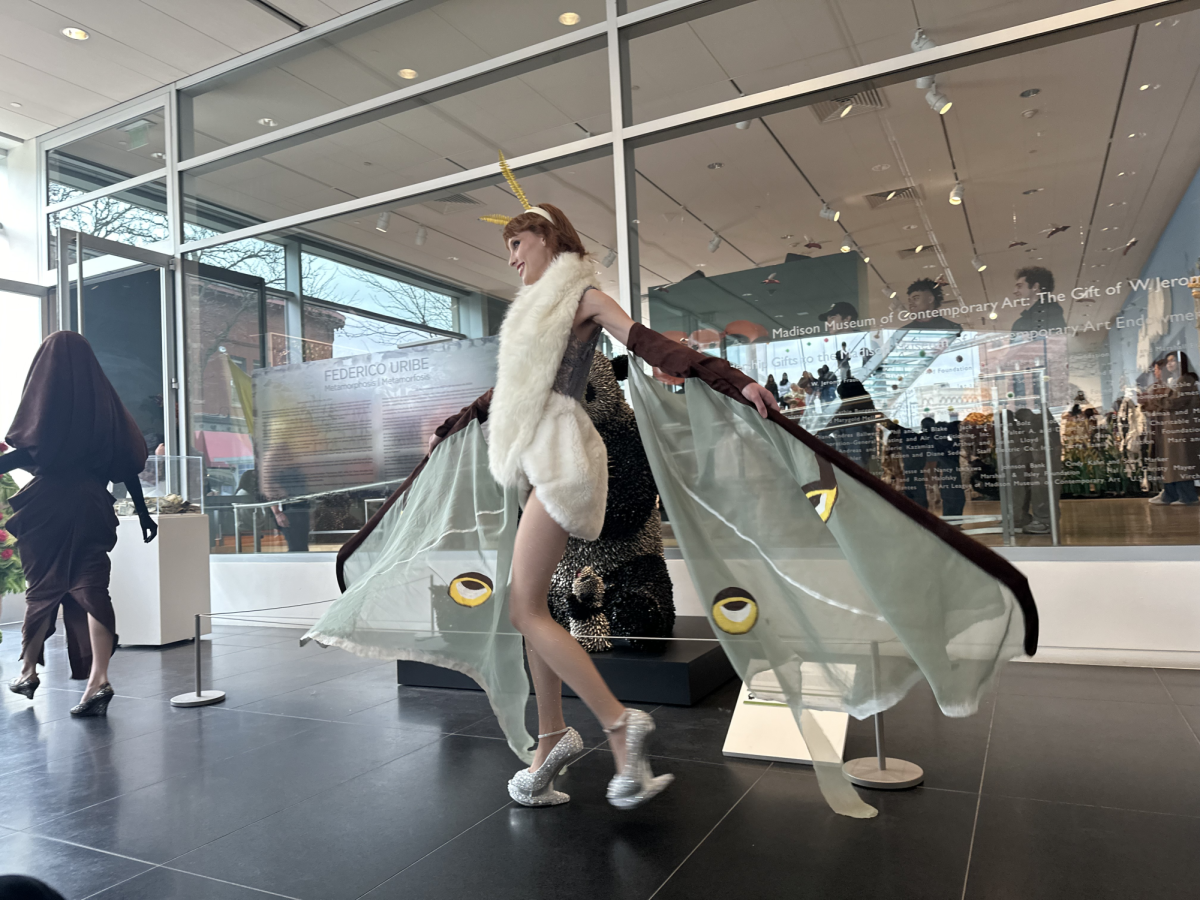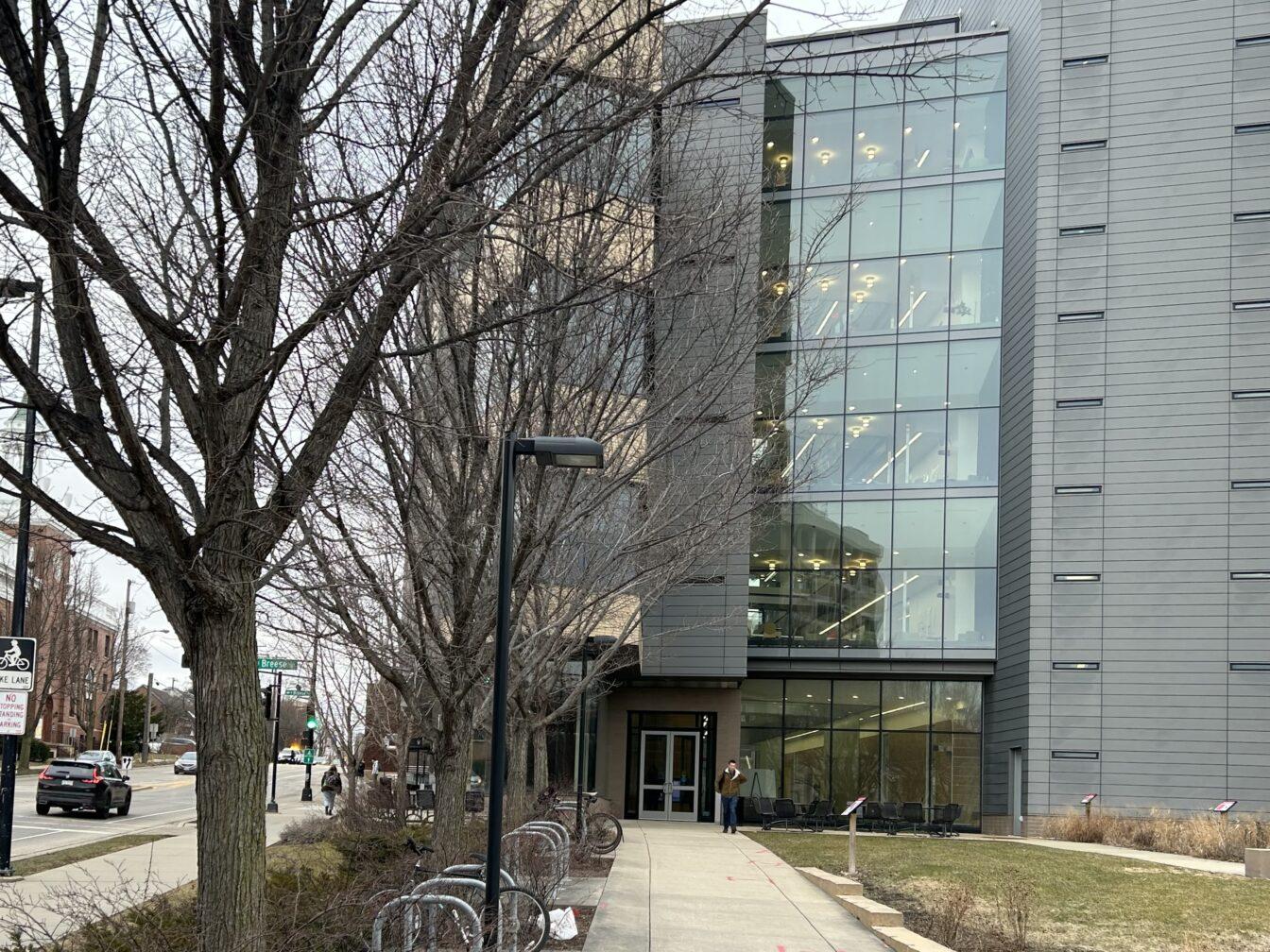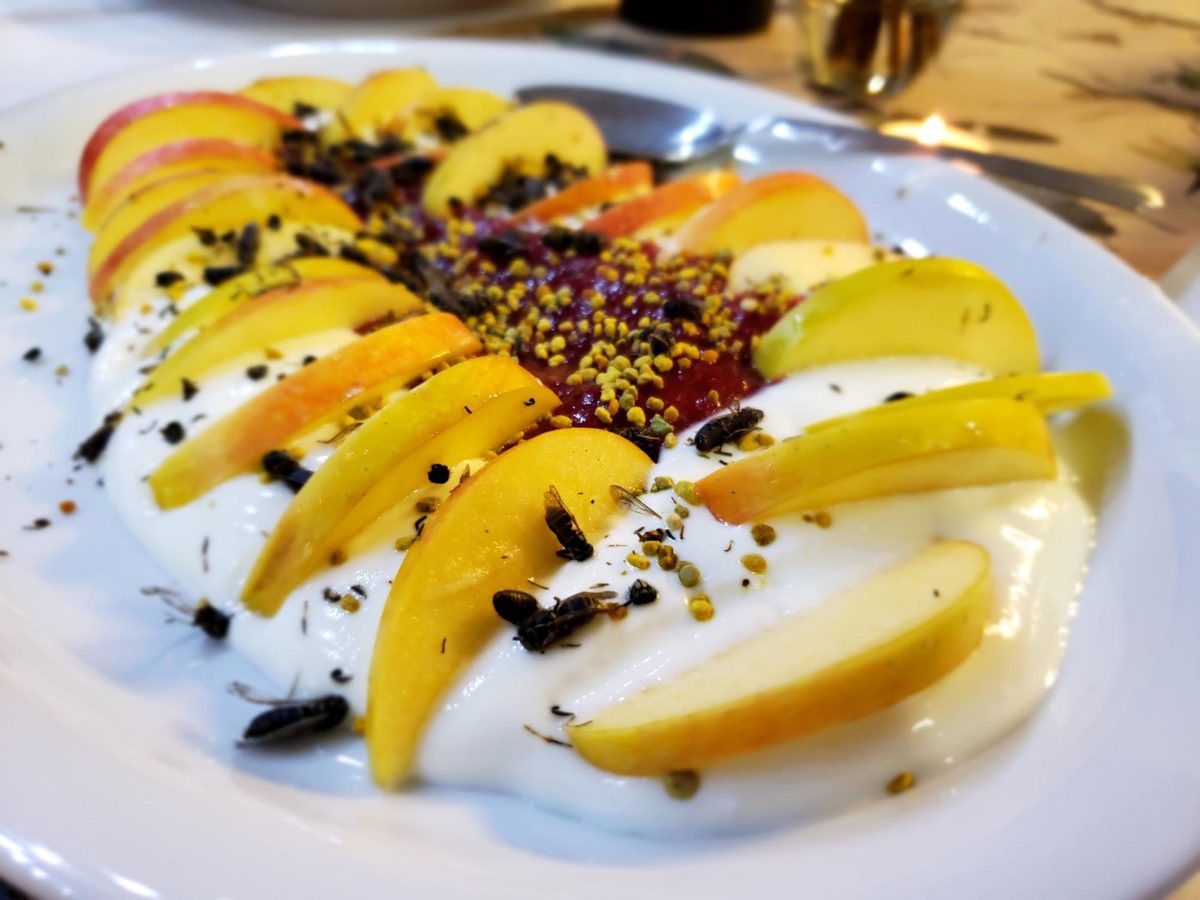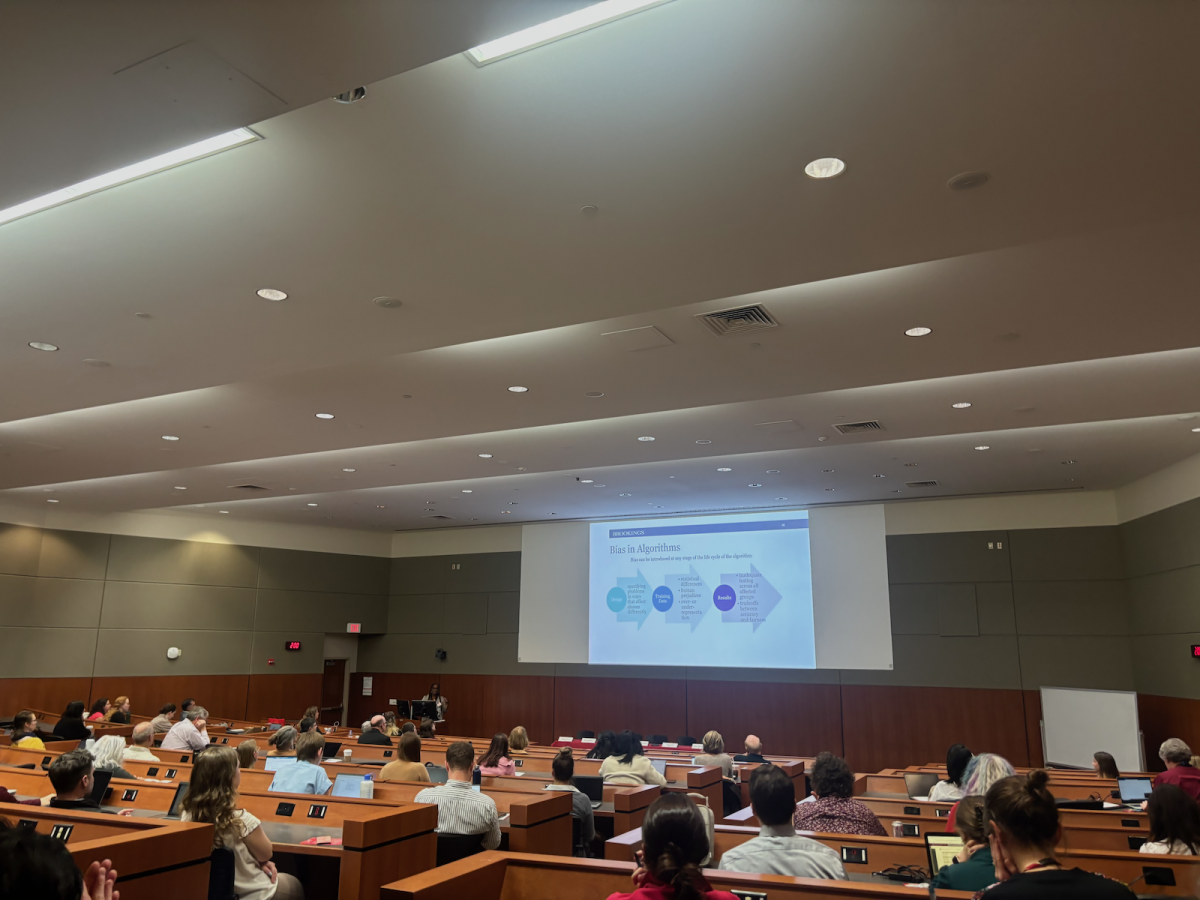Despite challenges and months of setbacks, a team of students at the University of Wisconsin placed 17th out of 117 at the International Collegiate Programming Contest world finals.
October 2021, three UW students traveled to Moscow to compete in the team programming competition. The ICPC is the oldest, biggest and most prestigious programming contest in the world.
The 2020 world team included Ziyi Zhang, Jirayu Burapacheep and Nitit Jongsawatsataporn, who substituted for Dung Viet Bui in the world finals. According to a UW press release, they continued the team’s 20-year streak at the ICPC world finals, the only team in North America with the title. UW Computer Sciences Professor Dieter van Melkebeek has been UW’s ICPC team coach for all 20 years.
The team that traveled to Moscow competed in the regional competition in fall 2019, which they won by solving 10 problems when no other team solved more than seven. They advanced to the North American Championship in Atlanta, Georgia where they qualified for the world championship, according to the team’s website.
UW researchers employ virtual reality technology to reimagine scientific exploration
Unlike other programming competitions, which are often individual, students competing in the ICPC work in teams of three, van Melkebeek said. Teams have five hours to solve as many problems as possible.
Van Melkebeek said teams are given a series of problem statements with a story behind them. The problems all have an algorithmic or mathematical component, and the team needs to develop a plan to solve the problem and write the computer code to implement it.
“We have a three-person team and one computer,” Zhang said. “One thing we try and optimize is the time on the computer. It should be as [short] as possible. We might need to sketch out what type of thing to code before we type it on the computer.”
Once a team thinks they have a solution, an automated judge tests the program and checks if the result is correct. The program should run in the allotted time without using too much memory space. If there is an error the team can try again, but they get a time penalty, van Melkebeek said.
UW researchers dive into the power of sea creatures for disease treatment
The best a UW team has ever placed was 11th out of 68 teams during the 2001-2002 season. But van Melkebeek thinks the Moscow team was one of the strongest.
“The competitiveness of this competition has gone up a lot,” van Melkebeek said.
According to van Melkebeek, now the top teams are almost professionals and the students on them compete a lot more. Here at UW, the team attracts many top students, but they’re still not a professional team. Around 300,000 students from 111 countries are involved in the regional competitions each year, according to the ICPC website.
Zhang said the team goes through a 10-week training program where they meet and discuss problems to prepare for the competition each year. Every week, they focus on a specific problem area, such as computational geometry and dynamic programming. To put the students into teams, they each take an individual placement test.
“We want to strike a balance there, right,” van Melkebeek said. “We want to make sure our top team is very strong, but we also want it to be a nice experience for other students as well.”
The world finals in Moscow were scheduled for June 2020, but organizers had to postpone them due to the COVID-19 pandemic. The world finals were finally rescheduled for November 2021.
The team usually had three months to prepare for the world finals, but this meant they had 18 months to prepare instead. According to Zhang, practicing became difficult because members of the team were in different time zones.
While the team continued preparing, multiple other roadblocks came up. Normally, the travel funds are funneled through the university, but UW deemed the trip nonessential because of the pandemic. Van Melkebeek appealed the decision, but UW didn’t change their ruling, so the team decided to pay for their own travel expenses.
The team also found out Viet Bui, who competed with the team at the regional and North American competition, could not travel to Moscow due to visa issues. While he could leave the U.S., he would have been unable to reenter the country.
Viet Bui let Jongsawatsataporn step in shortly before the world finals. At this point, the team had been practicing for almost 17 months, and Jongsawatsataporn had about a month to prepare with the team. Normally, no substitutions are allowed once the team qualifies, but the organizers allowed it due to the circumstances, van Melkebeek said. With recent competitions and training all moved online, the world finals were a chance for the team to catch up with other competitors.
UWPD to beta test start-up’s security scanners at Camp Randall, other locations
“We ended up meeting a lot of people from both U.S. and outside U.S.,” Zhang said. “This is really great because so far we just meet online.”
The organizers wanted the competition to remain in person to protect its integrity, according to van Melkebeek. It’s a unique atmosphere with teams from all over the world.
This year’s teams competed in the regional competition Feb. 26. Van Melkebeek is optimistic because this year he thinks they have an even stronger team.
“You’re working with students who are really motivated,” van Melkebeek said. “They don’t have to take this, it is because they want to do it.”





















